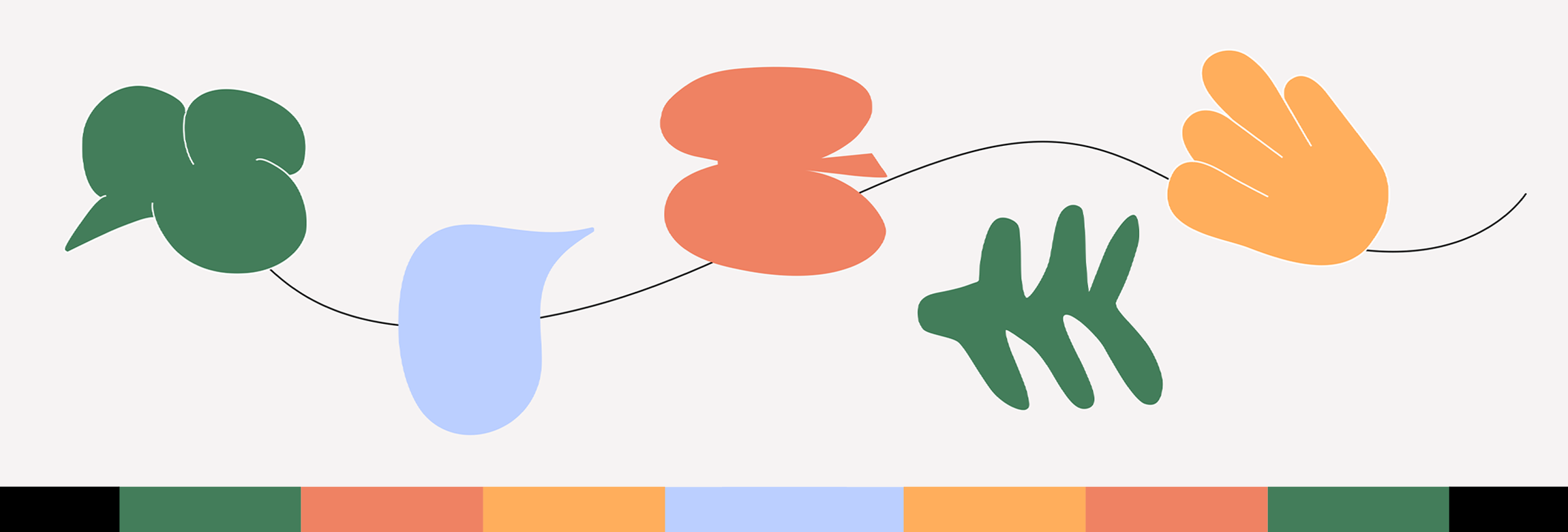Provocations
If justice is love in action, what is the parallel saying for trust? In our interview with FreeFrom founder Sonya Passi, it was clear that trust is the foundation for the work they do to end intimate partner violence. From the ways the Violence Against Women Act has been shown to disempower and jeopardize the safety of women of color to the complicated and retraumatizing bureaucracy of accessing care and justice for survivors, efforts to end intimate partner violence have struggled with skepticism and disbelief of survivors. FreeFrom has modeled a different approach, led and practiced by survivors at every stage of the process. Our interview speaks to the radical potential of care based in trust — practiced within the design and practice of the organization, in the services it provides and in the policy change it works towards. This is particularly unique because FreeFrom explicitly looks to address intimate partner violence through creating financial security for survivors. As a society, when money comes into the picture there are almost always more hoops, more requirements and more checking up on. FreeFrom has intentionally done the opposite. We highlight two ways that trust is enacted at FreeFrom in the context of patriarchy and capitalism and how it strengthens belonging.
1.
Trust those most impacted to create the conditions that support their leadership
FreeFrom, whose staff is all survivors, designed their organizational structure so that survivors can lead the work in healthy and resourced ways. In large part, this is rooted in trusting staff to know their needs and to address them in ways that contribute to the broader movement. This adds to the call by disability activists for “nothing about us or for us, without us,” and the participatory action research principle that those closest to an issue know best how to address that issue. Sonya shared how this started from a place of acknowledging the many “externalities” of intimate partner violence, including things like economic cost to survivors (estimated by the CDC at $104,000 for female survivors), and ongoing mental and physical health needs. To address this, FreeFrom staff have paid gender-based violence leave, menstrual leave, unlimited vacation, a vacation stipend, a wealth-building stipend, a living wage and four weeks of office closure during the year. The benefits are designed specific to the needs of survivors and informed by their experiences. Sonya reflected that “given how financially devastating harm is,” and, “how many different intersecting systems of oppression are at play for our staff,” she is always thinking about how the staff can thrive and how FreeFrom can support that. Their practices stand out dramatically in a nonprofit world that is often struggling with scarcity, performance evaluation and output. Instead, FreeFrom shows that one way to create the conditions for those impacted to lead in healthy and resourced ways is to trust them to design the conditions that allow them to thrive and lead.
2.
Direct aid is a practice of trust — and efficiency
Sonya joked in our interview that if she were invited into a government position, that it would be something related to efficiency. But Sonya’s meaning for efficiency is unique and perhaps surprisingly, also rooted in trust. FreeFrom was started from the analysis that the biggest barrier to survivors leaving abusive relationships is economic. The most efficient way to address this urgent need then, is through direct cash aid. As a society we consistently place stipulations and requirements around cash aid rather than trusting people to know best what to do when they have the money they need. At some level, this reflects that those giving the money prioritize their perspective over that of the person receiving the aid. In addition to the paternalism of this approach, Sonya spoke to its inefficiency. For example, when one recipient used $250 of her money to fix a car (which wasn’t an eligible cost in other programs), she was able to get her child to a supervised appointment on time and avoid much larger legal fees threatened by her harm-doer. On the flip side, Sonya recounted how organizations spend more on catching fraud than they find to be fraudulent. FreeFrom’s research with survivors further elaborates seven points for how to build inclusive and responsive cash assistance programs (no strings-attached funding is only one point). As a result, Sonya shared that what they “hear time and time again from survivors is they feel validated. They feel trusted.”

